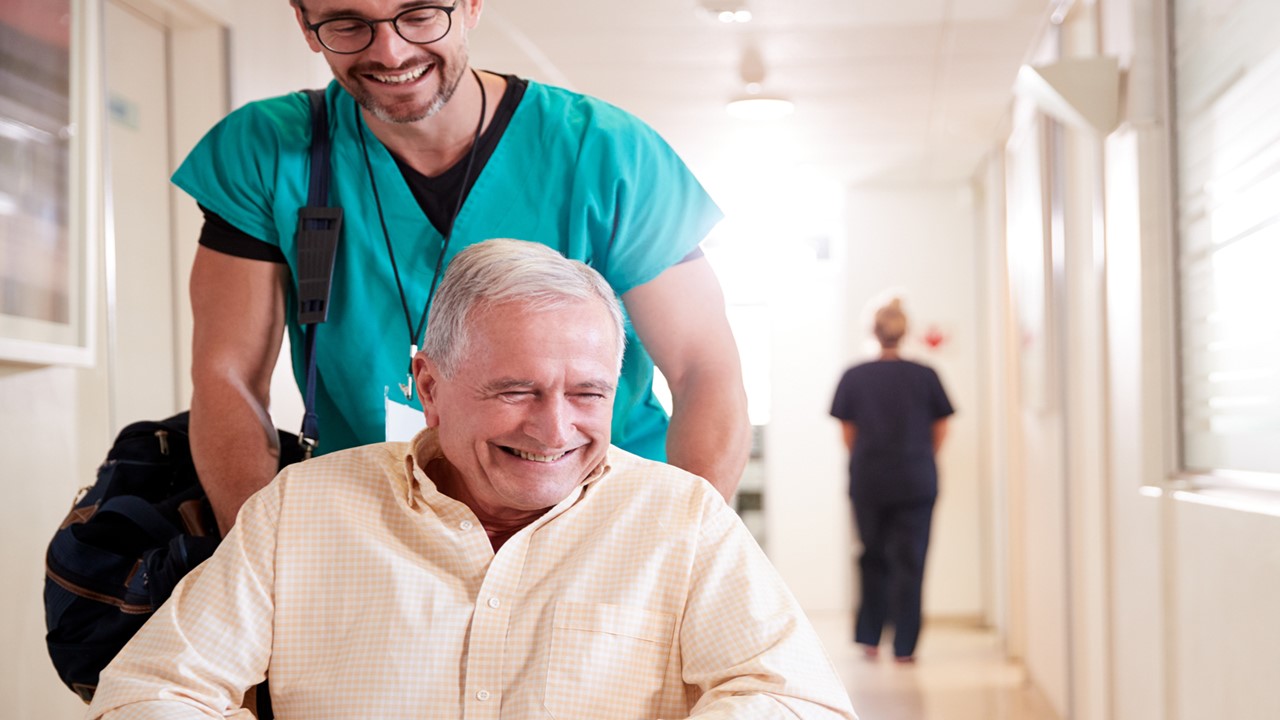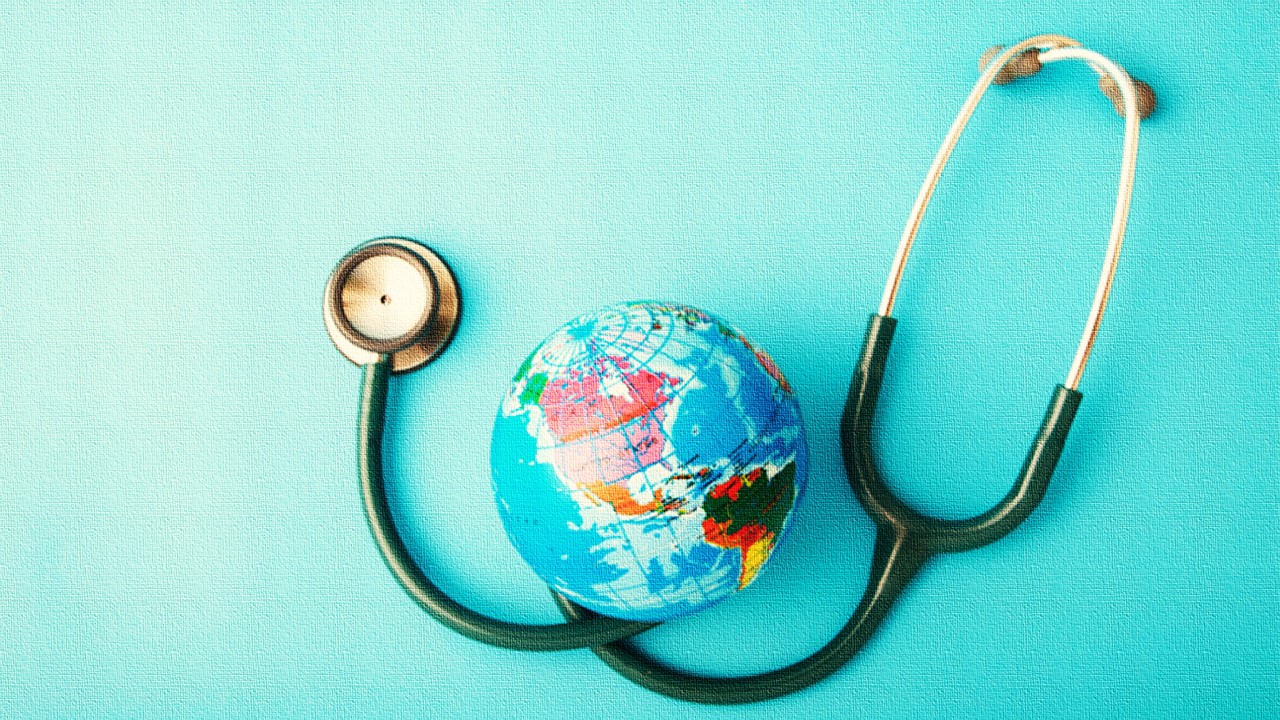Rethinking Clinical Research for a Better Future
In a decisive move for the future of medical research, the World Health Organization (WHO) unveiled its “Guidance for Best Practices for Clinical Trials” in September 2024. This publication aims to be more than just a policy document. Described as a “starting point” for a global shift in clinical research practices, it lays the groundwork for improving health outcomes through ethical, inclusive, and transparent clinical trials. With a sweeping vision to enhance the design, governance, and execution of trials, the WHO’s framework promises to foster not only scientific rigor but also equity in research participation and innovation access worldwide.
The guidance is organized around four key pillars, forming a coherent framework for clinical trial ecosystems. These principles emphasize a system where research aligns with public health needs, regulatory processes support both development and safety, and trials are conducted in ethical and operational harmony across regions. The WHO seeks to harmonize efforts among nations and regulatory bodies, setting a precedent for transparency and collaboration to replace fragmentation in the research landscape.
Building a Governance System That Aligns with Public Health Priorities
Central to the WHO’s guidance is the alignment of research initiatives with regional and national health priorities. The first pillar emphasizes that clinical trials cannot exist in isolation; they must serve as tools to address real-world health challenges. National governments and research institutions are called upon to coordinate funding strategies that ensure clinical investigations are not merely academic exercises but result in evidence with direct public health applications.
This alignment also highlights the necessity of synthesizing research outcomes in ways that shape policy and improve access to medical products. Fragmented funding streams, a common hurdle for clinical trials, can dilute research efforts. The WHO underscores that better coordination will prevent redundant studies and channel resources toward innovative solutions that address unmet health needs. A key aspect of this pillar involves bridging the divide between research and implementation by prioritizing findings that lead to actionable health interventions.
Regulatory Systems with Risk-Proportionate Oversight
The WHO urges the global clinical trial ecosystem to adopt regulatory systems that balance robust oversight with adaptability. While safety and efficacy remain paramount, the guidance promotes a risk-based, proportionate approach to regulation, allowing for flexibility depending on the complexity and novelty of the trials. This principle ensures that regulatory authorities do not impose unnecessary delays, particularly in fast-evolving fields like oncology, immunotherapy, and personalized medicine.
Additionally, the document advocates for continuity in regulation by emphasizing post-marketing surveillance of medicinal products. Even after clinical trials conclude, regulatory authorities must maintain a vigilant role, ensuring that products remain safe and effective throughout their lifecycle. The WHO’s vision redefines regulatory systems not as gatekeepers but as partners in scientific innovation, balancing patient safety with the need to accelerate access to groundbreaking therapies.
Ethics and Harmonization: A Cross-Cutting Imperative
Ethical oversight forms the backbone of the WHO’s clinical trial guidance, permeating all aspects of research. The third pillar calls for harmonized ethical frameworks that integrate the efforts of various regulatory and ethics review bodies. Duplication of ethical reviews has long been a bottleneck in clinical trials, often slowing down approval processes across regions. The WHO proposes an interagency approach, encouraging cooperation among national and international ethics committees to streamline authorizations while maintaining rigorous standards.
Beyond procedural efficiency, this pillar emphasizes that ethical principles must guide the research agenda itself. This includes ensuring that trials are designed and conducted with cultural sensitivity, particularly in low- and middle-income countries where clinical research can be both a boon and a source of exploitation. The guidance recognizes that ethical research must also mean inclusive research—ensuring that marginalized populations benefit from clinical innovations rather than being overlooked or exploited.
Strengthening Infrastructure to Deliver High-Quality Clinical Research
The final pillar focuses on the physical and human resources required to conduct high-quality clinical trials. Infrastructure—ranging from state-of-the-art laboratories to skilled personnel—is not just a logistical concern but a fundamental requirement for producing reliable research. The WHO emphasizes that without adequate infrastructure, even the most ethically sound and scientifically rigorous trial designs will fail to deliver meaningful results.
Equally important is the need to invest in training programs that equip local researchers with the skills to lead clinical trials within their communities. The WHO envisions an ecosystem where trials are no longer dominated by external experts but are driven by local researchers who understand the specific health needs and social dynamics of their populations. This localized approach promises to democratize clinical research, fostering trust between researchers and communities while producing data that is more relevant and applicable to local contexts.
A Regional Perspective: Insights from the Western Pacific
While the WHO’s guidance is designed for global applicability, the Western Pacific Region has provided a vivid example of how these principles can be tailored to local contexts. Under the leadership of the WHO’s Technical Advisory Group (TAG) on Best Practices for Clinical Trials, regional consultations highlighted key priorities for strengthening local clinical trial ecosystems. Among these priorities is the need to address disparities in research capacity by building local infrastructure and promoting equity in access to research funding.
The Selangor Consensus, a key outcome of these consultations, emphasizes that equitable clinical research requires not only financial investment but also thoughtful data governance. It advocates for systematic approaches to improve research integrity by ensuring that data is collected, managed, and shared transparently. The Western Pacific example demonstrates that clinical trials are not only scientific enterprises but also exercises in public trust, where transparency plays a pivotal role in maintaining the integrity of research outcomes.
Transforming Health Systems Through Research
The WHO Regional Office for the Western Pacific has committed to assisting Member States in adopting the new guidance to reform their clinical trial ecosystems. Countries that align their research frameworks with WHO principles are expected to reap significant benefits, including improved health outcomes and more equitable access to new medical products. Locally derived evidence can ensure that innovations are not only scientifically sound but also contextually relevant, bridging the gap between global discoveries and local health needs.
By following the WHO’s roadmap, these nations will move beyond reliance on imported data and solutions, instead contributing to the global research ecosystem with findings that reflect their unique health challenges. This shift is expected to produce a virtuous cycle where better research leads to better policy, which in turn leads to more effective health interventions and improved population health.
A New Dawn for Collaborative and Ethical Clinical Research
The WHO’s Guidance for Best Practices for Clinical Trials represents an ambitious yet necessary shift in how the world approaches clinical research. With its focus on governance, ethics, regulatory flexibility, and infrastructure development, the framework encourages a future where clinical trials are not only scientifically rigorous but also inclusive, transparent, and equitable.
This document’s release is a clarion call for governments, researchers, and institutions to rethink their roles in the clinical trial ecosystem. It urges all stakeholders to collaborate, share resources, and align their efforts toward a common goal: improving global health through research that serves the many, not just the few. As Member States adopt these principles and incorporate them into their health systems, the vision of clinical trials as engines of public good will move closer to reality. The WHO’s guidance is not merely a roadmap—it is an invitation to forge a new era of scientific discovery, driven by principles that value both innovation and humanity.
Engr. Dex Marco Tiu Guibelondo, B.Sc. Pharm, R.Ph., B.Sc. CpE
Editor-in-Chief, PharmaFEATURES

Subscribe
to get our
LATEST NEWS
Related Posts

Clinical Operations
Beyond the Intervention: Deconstructing the Science of Healthcare Improvement
Improvement science is not a discipline in search of purity. It is a field forged in the crucible of complexity.

Clinical Operations
Translating Innovation into Practice: The Silent Legal Forces Behind Clinical Quality Reform
As public health increasingly intersects with clinical care, the ability to scale proven interventions becomes a core competency.
Read More Articles
Myosin’s Molecular Toggle: How Dimerization of the Globular Tail Domain Controls the Motor Function of Myo5a
Myo5a exists in either an inhibited, triangulated rest or an extended, motile activation, each conformation dictated by the interplay between the GTD and its surroundings.













